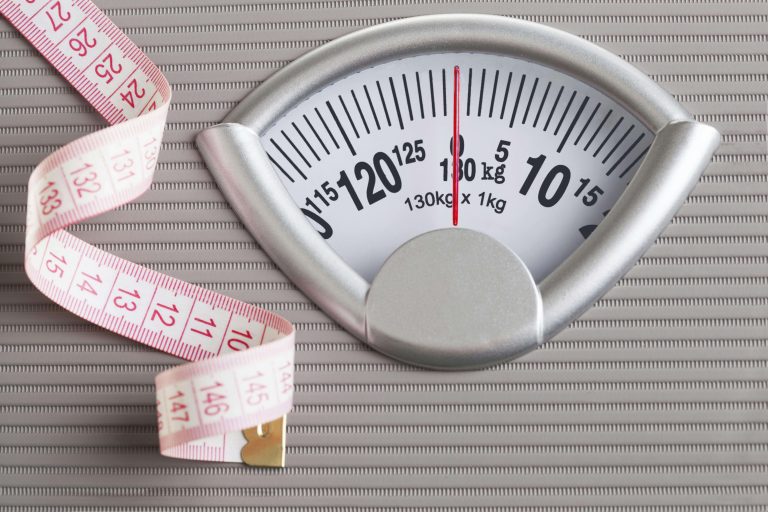The ketogenic diet, commonly referred to as keto, has garnered widespread attention as a successful weight loss approach. By significantly reducing carbohydrate intake and increasing fat consumption, this high-fat, low-carb lifestyle forces the body into a metabolic state known as ketosis. Reaching and maintaining ketosis can promote the burning of stored fat and lead to substantial weight loss. To support your weight loss journey through the ketogenic approach, here are some practical tips to help you get started:

Understand the Basics
Before diving into the ketogenic lifestyle, it’s crucial to grasp its fundamental principles. The diet primarily focuses on consuming healthy fats, moderate protein, and limited carbohydrates. Familiarize yourself with nutrient-dense foods that align with ketosis, such as avocados, nuts, seeds, fatty fish, grass-fed meats, and beneficial oils like olive oil, avocado oil, and coconut oil.
Stay Hydrated
Adequate water intake is essential for overall health and can aid in weight loss. When following a keto plan, it’s important to increase your water consumption. Staying hydrated is particularly crucial on a ketogenic diet because it prompts your body to release excess water. Aim to drink at least eight glasses of water per day to enhance hydration and support your weight loss efforts.
Calculate Your Macros
Calculating your macronutrient intake is vital for achieving and maintaining ketosis. Here are the typical macro ratios to follow:
- 5-10% of calories from carbohydrates (usually 20-50 grams of carbs)
- 55-70% of calories from healthy fats
- 30-35% of calories from protein
Use online tools like keto calculators and consult a nutritionist to determine your personalized macronutrient goals. These calculations will help you meet the recommended amounts of fat, protein, and carbohydrates.

Plan Your Meals
Effective meal management is key to sticking to the ketogenic lifestyle. Plan ahead and prepare your meals so that you always have keto-compliant options available. Stock up on staples—meat, eggs, seafood, fresh produce, low-sugar fruits (like berries and avocados), oils, and seasonings. With these items on hand, you’ll be able to create many simple yet nutritious recipes for yourself and your family.
This approach helps avoid unhealthy snacking or resorting to carb-rich convenience foods. Emphasizing a variety of low-carb, nutrient-dense foods is essential to ensure your body gets all the vital nutrients and minerals it needs to thrive.
Transition Gradually
Switching to a ketogenic lifestyle can be challenging, especially for those accustomed to consuming large amounts of carbohydrates. Instead of making sudden and extreme changes, consider gradually reducing your carb intake while increasing your intake of healthy fats. This strategy can help minimize the likelihood of experiencing side effects like the “keto flu” and make the transition a more manageable process.
Monitor Your Ketone Levels
Tracking ketone levels in your body helps you understand whether you’ve reached ketosis. Several methods, including urine strips and blood ketone meters, can be used to quantify ketone levels. Staying vigilant about these levels allows you to make dietary adjustments as needed to maintain ketosis.
Exercise Regularly
While dietary changes are primarily responsible for weight loss, incorporating regular physical activity into your routine can accelerate your progress. Engage in both aerobic exercise and resistance training to maximize your results. Remember, it’s crucial to seek advice from a medical professional before starting any exercise program—especially if you have pre-existing health conditions.

Seek Support and Accountability
Embarking on a lifestyle change can be demanding. Having a support network can significantly boost your motivation. Try to find groups where you can interact with individuals who share experiences and tips for success. You can find these on platforms like Reddit and Instagram.
Conclusion
For many people, the ketogenic lifestyle has the potential to be a successful weight loss method. By mastering the basics, calculating your macronutrient ratios, organizing your meals, staying properly hydrated, and gradually adapting to the diet, you can lay a solid foundation for positive results. Regular physical activity, close monitoring of ketone levels, and actively seeking support and accountability can further amplify your progress on your weight loss journey.


